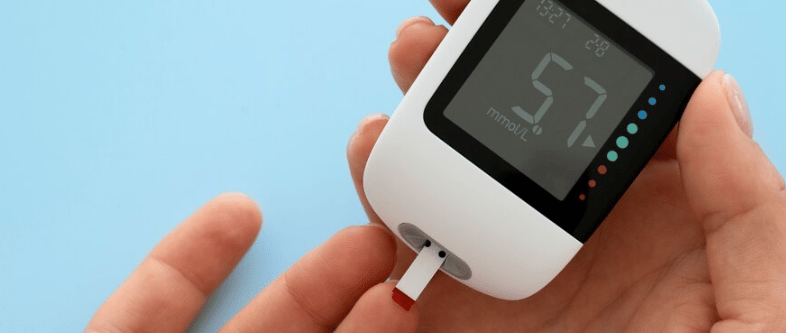Diabetes in Older Adults: Risks, Challenges & Proactive Management


Diabetes is one of the most common chronic conditions in older adults—and its effects can be profound. According to the National Institute on Aging, adults aged 65 and older are not only more likely to develop type 2 diabetes, but they are also at higher risk for complications that impact independence, quality of life, and longevity. However, proactive and personalized care can significantly reduce these risks.
The Unique Impact of Diabetes on Seniors
Increased Risk of Complications: Older adults with diabetes are more vulnerable to conditions such as:
Heart disease and stroke
Kidney failure
Neuropathy (nerve damage)
Vision problems (diabetic retinopathy)
Cognitive decline and dementia
Functional Decline: Diabetes is linked to loss of muscle mass (sarcopenia), balance issues, and difficulty performing activities of daily living—raising the risk of falls and loss of independence.
Medication Challenges: Many seniors are managing multiple prescriptions. This increases the complexity of adhering to medication schedules, especially for insulin or glucose-lowering drugs.
Cognitive Impairment: Poorly controlled blood sugar levels may contribute to cognitive decline, making self-management of diabetes even more difficult.
Hypoglycemia Risks: Older adults may be more sensitive to low blood sugar (hypoglycemia), which can result in dizziness, confusion, falls, and even hospitalization.
Practical Tips for Managing Diabetes in Older Adults
Engage in Regular Exercise Light activities like walking, swimming, or balance training can improve insulin sensitivity, maintain muscle mass, and reduce fall risk.
Follow a Healthy Diet A consistent, balanced diet with whole grains, fruits, vegetables, and lean proteins helps stabilize blood sugar. Limit sugary and processed foods.
Monitor Blood Sugar Levels Keep a daily log and review trends with a healthcare provider to ensure you’re within your target range.
Stay on Top of Medications Use pill organizers, alarms, or caregiver support to stay consistent with medications.
Prioritize Foot and Eye Care Check feet daily for sores and schedule routine eye exams to prevent complications like neuropathy or retinopathy.
Get Regular Kidney Function Tests Early detection of kidney issues can slow the progression of diabetic kidney disease.
Practice Balance Training Exercises like tai chi or yoga can improve stability and reduce fall risk.
Build Social Support Join senior support groups or diabetes education programs to stay informed and encouraged.
Address Cognitive Changes If memory is becoming a concern, talk to your doctor about strategies or assessments for cognitive health.
Prevent Hypoglycemia Know the signs of low blood sugar—shakiness, confusion, or sweating—and always have a snack or glucose tablet nearby.
Manage Stress Chronic stress can elevate blood sugar. Prioritize hobbies, social time, or mindfulness activities that bring joy.
Keep Routine Medical Visits Don’t skip regular checkups. Staying connected with your care team helps catch issues early.
At Senior Family Home, we believe that with education, support, and a loving environment, seniors can thrive while managing diabetes. Our team is dedicated to helping residents maintain independence and health—while making everyday meaningful.


